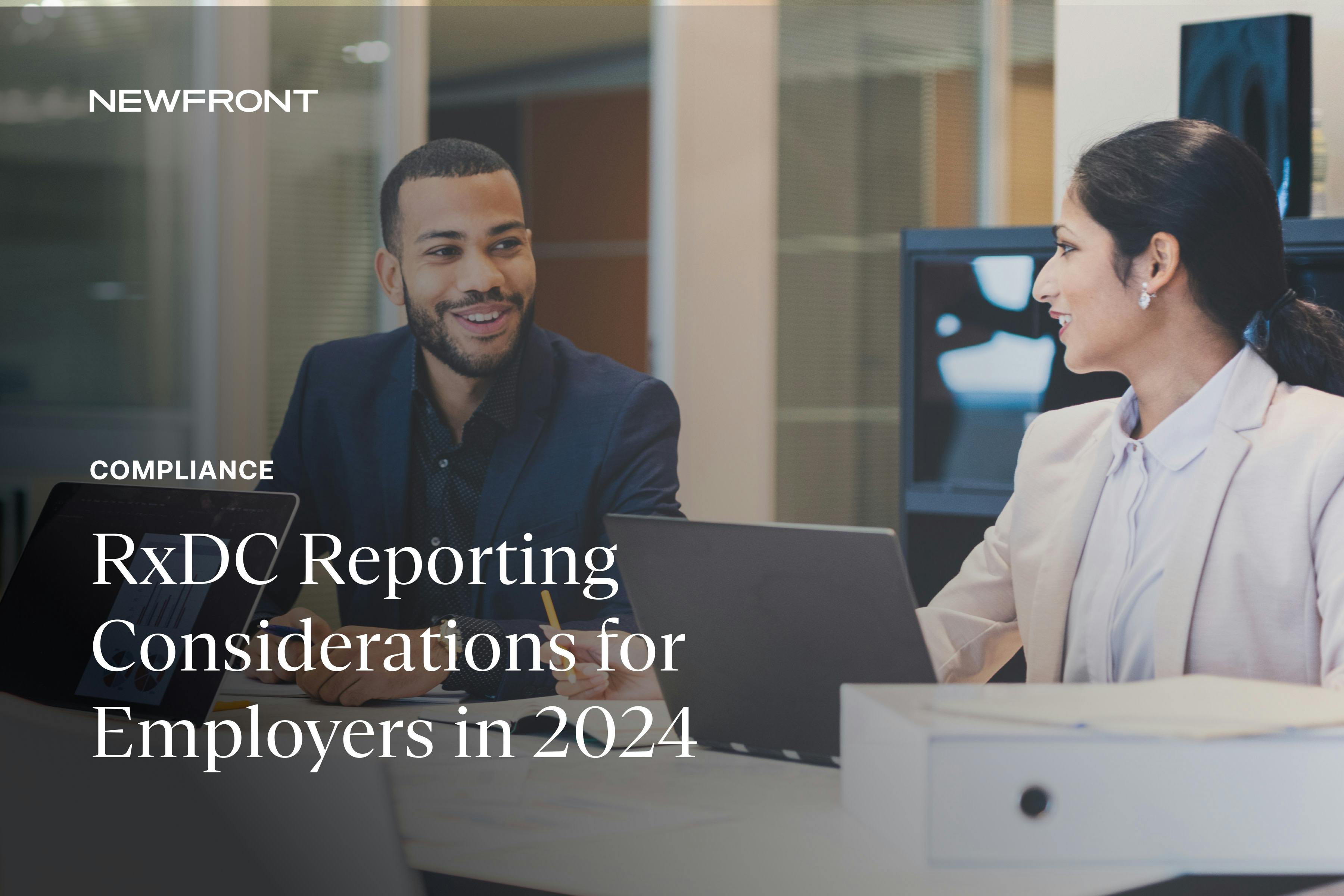Health Plan Eligibility for Legal Guardianship Children
By Brian Gilmore | Published December 7, 2018
Question: Can an employee enroll a child for whom she is the legal guardian in the health plan?
Compliance Team Response:
Health plans almost uniformly limit eligibility coverage to:
Eligible employees;
Spouses/domestic partners; and
Children under age 26.
Children typically include natural children, step-children, foster children, adopted children, and children placed with the employee for adoption. Most—but not all—plans will also extend dependent child eligibility to children for whom the employee or spouse is a legal guardian.
Legal guardianship requires a court order. A child who lives with the employee, or whom the employee supports financially, is not in a legal guardianship relationship absent such a court order.
(Note: Tax-dependent status generally is not relevant for determining eligibility for the health plan. It is relevant only for tax purposes and FSA/HRA/HSA purposes).
To summarize, there are two items to confirm to determine whether the legal guardianship child is eligible:
Whether the health plan extends eligibility to children for whom the employee is the legal guardian; and
That the employee is the legal guardian of the child by requesting a copy of the court order.
If the employee becomes the legal guardian mid-year, the employee will experience a permitted election change event that permits mid-year enrollment of the child on a prospective basis.
The employee will be able to cover the child for the period during which she is the legal guardian. When the guardianship court order expires or is terminated, the child will lose active coverage. The child will experience a qualifying event and have the ability to continue coverage through COBRA if the child is enrolled on the date the guardianship ends.
Regulations
Treas. Reg. §1.125-4(c):
(2) Change in status events. The following events are changes in status for purposes of this paragraph (c):
..
(ii) Number of dependents. Events that change an employee’s number of dependents, including the following: birth; death; adoption; and placement for adoption.
…
(3) Consistency rule.
(i) Application to accident or health coverage and group-term life insurance. An election change satisfies the requirements of this paragraph (c)(3) with respect to accident or health coverage or group-term life insurance only if the election change is on account of and corresponds with a change in status that affects eligibility for coverage under an employer’s plan. A change in status that affects eligibility under an employer’s plan includes a change in status that results in an increase or decrease in the number of an employee’s family members or dependents who may benefit from coverage under the plan.
Treas. Reg. §54.4980B-4, Q/A-1(b)(5):
Q-. 1. What is a qualifying event?
A-1.
…
(b) An event satisfies this paragraph (b) if the event is any of the following—
(1) The death of a covered employee;
(2) The termination (other than by reason of the employee’s gross misconduct), or reduction of hours, of a covered employee’s employment;
(3) The divorce or legal separation of a covered employee from the employee’s spouse;
(4) A covered employee’s becoming entitled to Medicare benefits under Title XVIII of the Social Security Act (42 U.S.C. 1395-1395ggg);
(5) A dependent child’s ceasing to be a dependent child of a covered employee under the generally applicable requirements of the plan; or
(6) A proceeding in bankruptcy under Title 11 of the United States Code with respect to an employer from whose employment a covered employee retired at any time.

Brian Gilmore
Lead Benefits Counsel, VP, Newfront
Brian Gilmore is the Lead Benefits Counsel at Newfront. He assists clients on a wide variety of employee benefits compliance issues. The primary areas of his practice include ERISA, ACA, COBRA, HIPAA, Section 125 Cafeteria Plans, and 401(k) plans. Brian also presents regularly at trade events and in webinars on current hot topics in employee benefits law.
Connect on LinkedIn
